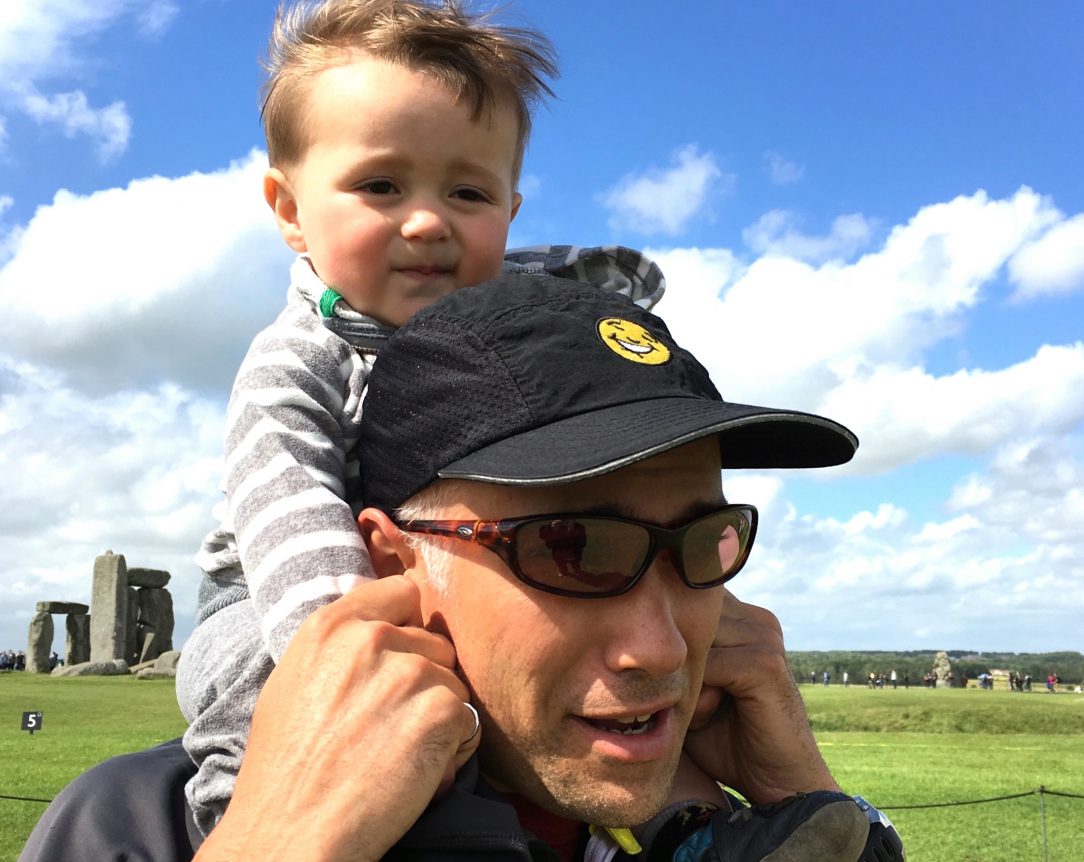Involved with Human Venture Leadership since 2011, Scott MacDougall has been a participant, a guide, and a program team member. He shares his learning adventures with us this month.
1. What are the most significant engagements in your life, and why are they meaningful?
Parenting is probably number 1 right now, for a bunch of reasons. Having kids who do well in life is at the core of all biosocial programming, but also, it's a great opportunity to think about the basic building blocks of a moral person. Once you think about those elements, you feel compelled to help your kids work with them as well, and they align well with the tools of wisdom and judgement. Curiosity and excitement to learn. Compassion. Openness to experience. Persistence and focus. Interest and reverence for life and living things. Sense of adventure. Sense of humour!
2. What resources (books/ films) have been most influential for you? In what ways?
That’s a super tough call for me because my whole HVL experience since 2010 has been so heavily influenced by reading; the net effect of reading and integrating a volume of high-quality and diverse books is greater than the sum of the parts. But a few books stand out, and build on each other like this:
A Short History of Progress by Ronald Wright - We’ve been doing profoundly dumb things for a really long time, and seem likely to continue doing so in ever more clever and globally catastrophic ways. - “We are running twenty-first-century software on hardware last upgraded 50,000 years ago or more.”
The Science of Good and Evil by Michael Shermer - Our evolved programming needs significant social/cultural upgrades to keep us from turning modernity’s assets against civilization and life itself. - The required assets and liabilities in our programming are discoverable, and we can, and must do better.
The Shock Doctrine by Naomi Klein - Wow. So this is what renegade, but comprehensive investigative journalism looks like. Wow, again. - This economic and political system is so corrupt a reset in the structure of power is a necessity if any durable and equitable prosperity is going to come out of capitalism. Yikes.
Fields of Blood by Karen Armstrong - Civilization, not just economics, has been built on one class taking advantage of the other class(es), since we started creating villages. - If we’re going to break that cycle, it’s going to be with very deliberate ethical design of societies, we’re not going to fluke into it. I bet a Human Venture Framework could help with that.
The Sixth Extinction by Elizabeth Kolbert - Wow, I didn’t realize humans are killing species at the same rate as a meteor or a massive volcano. Radically more species are going extinct than are being created since humans came on the scene. - What gives us the right to wipe out species on the only rock in the universe where we know life exists? We need to do better than that.
3. What influence has your learning with Human Venture Leadership had on you?
Learning with HVL has had a huge impact on my. It pushed me to shift many of my priorities in life: commitment to life-long learning about the venture, helping others learn about it, career changes, more deliberate parenting approach.
4. What have you learned about the kind of leadership the world needs?
I’ve learned that the world needs a lot of different kinds of leadership, but their focus needs to be on helping people correct the gravest shortcoming in our social/cultural programming: our poorly developed transcendent and adaptive learning capacities. We do not, as a species, have a very well developed sense of what it means to be alive and human. Leaders need to help people grapple with our dire issues, the programming that creates these issues, and the tremendous cultural assets available to us to begin setting things to rights. We can build and manage amazing things when we devote the resources, responsibility, caring, and capacities to them. We need leaders who can help us harness this ability, while taking seriously our role as stewards of the only know collection of living things in the universe.
5. What are your hopes for the future?
I hope I live to see radical equality in terms of the distribution of wealth, freedom, and responsibility, a stabilization of greenhouse gas emissions in line with 1.5 degrees Celcius warming by 2100, and the extinction rate drop to below the speciation rate. I believe those hopes can only come true with the development of systemic adaptive capacities in a large number of people and global institutions. No small task, but it cannot happen soon enough.

